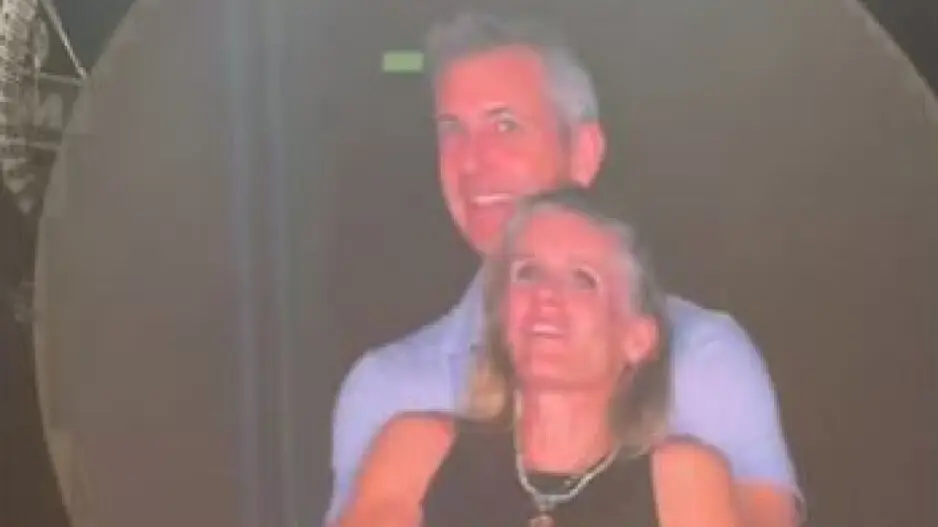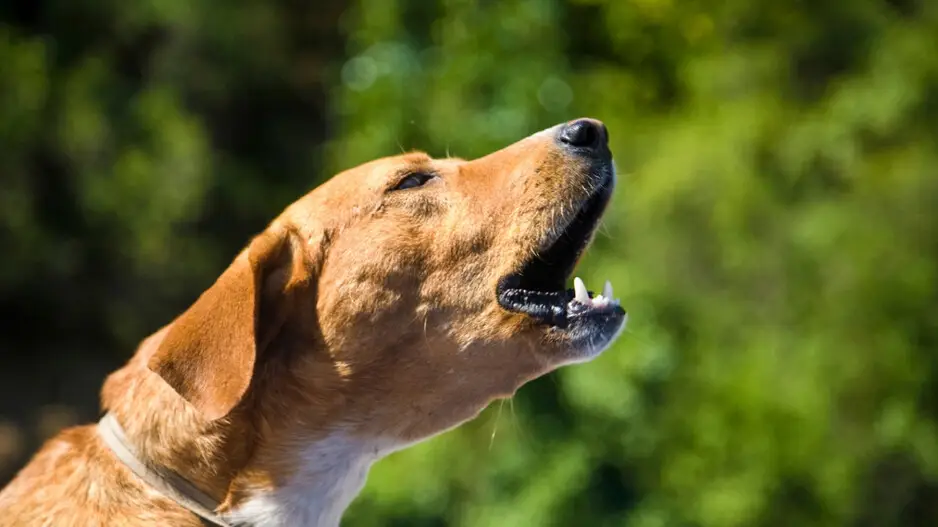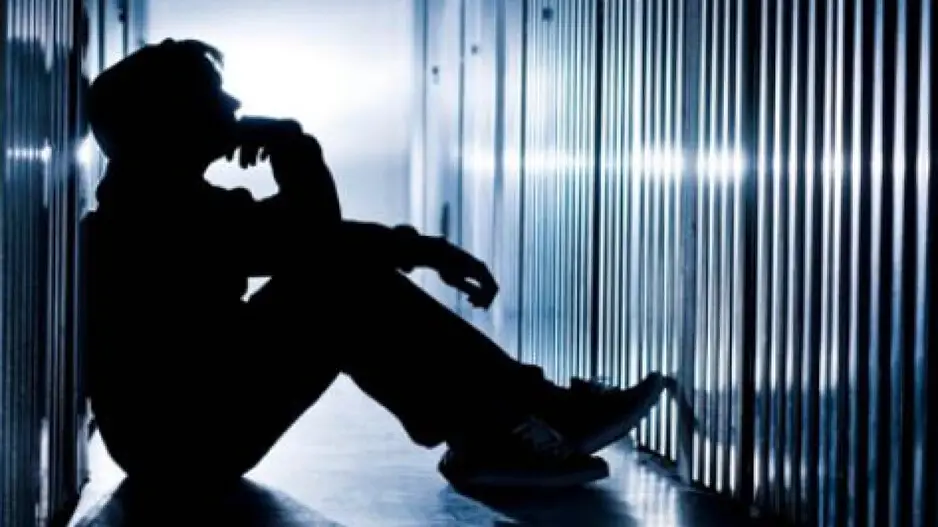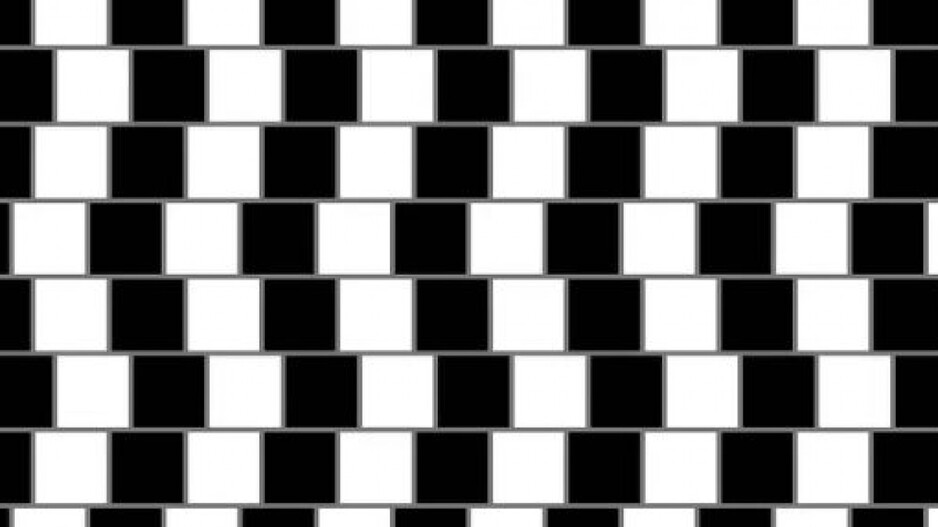/odishatv/media/post_attachments/uploadimage/library/16_9/16_9_0/recent_photo_1740993813.jpg)
IIM graduate becomes lawyer, approaches Supreme Court against judges who once made him to apologise
In a scene straight out of a Bollywood movie, Ravi Kumar, a Delhi University engineer and IIM Kozhikode MBA, pursued law and became a lawyer to fight a case for himself against sitting Delhi High Court judges.
The young mind is fighting his own case in the Supreme Court, seeking the registration of FIR against sitting High Court judges who had once made him apologise.
As per reports, Ravi had topped the 2016 ISRO Administrative Officer exam. However, ISRO later applied an undeclared normalization rule, reportedly slashing his score and costing him the top rank.
Ravi challenged the decision at the Central Administrative Tribunal (CAT), arguing that normalization was not specified in the recruitment notice and thus illegal. The Union of India admitted the rule wasn’t in the advertisement.
CAT initially adjourned his case, but the original adjournment order was allegedly destroyed and replaced by a dismissal. Ravi escalated the matter to the Delhi High Court, which upheld CAT’s ruling in September 2024 and fined him Rs 10,000 for making "highly outrageous aspersions" against the judges.
Feeling wronged, Ravi then enrolled in law school, became a practicing advocate, and in 2021 filed a petition in the Supreme Court seeking FIRs against six sitting and former judges, accusing them of forging tribunal orders and shielding ISRO from accountability.
On July 17, Ravi appeared before a Supreme Court bench that termed his allegations “scandalous” and “prima facie unsustainable.” Despite strong language, the Court appointed former Chief Justice of Orissa High Court, Dr. S. Muralidhar, as amicus curiae to assess whether FIRs can be registered against judges on such forgery claims. If preliminary evidence emerges, the SC may order a limited probe or internal inquiry.
Ravi remains determined that justice will prevail: “If even prima facie evidence emerges, it must be followed,” he told reporters outside the Court. His is a rare journey—from technical engineer to MBA topper, to litigant‑in‑person, to advocate—driven by resolve and pride.
Cheating in the age of social media: How viral moments leave lasting scars

Dog’s bark saves 67 lives as in Himachal’s Mandi

Just 21 and already lost! Why this story feels so relatable

Optical Illusion Challenge: There’s a ‘Dool’ hiding in this sea of ‘Cool’- Can you outsmart your brain in 7 seconds?

/odishatv/media/agency_attachments/2025/07/18/2025-07-18t114635091z-640x480-otv-eng-sukant-rout-1-2025-07-18-17-16-35.png)

/odishatv/media/media_files/2025/09/22/advertise-with-us-2025-09-22-12-54-26.jpeg)
